The sudden shift in prominence of hybrids hasn’t stopped automakers from continuing to work on electric vehicles. However, it seems more and more automakers are looking to partner up, as Nissan and Honda just agreed to do.
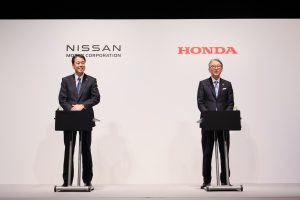
Nissan and Honda agreed to explore on how they might work together on electrification and artificial intelligence.
The second- and third-largest Japanese automakers agreed to explore on how they might work together on electrification and artificial intelligence. The push to achieve carbon neutrality and eliminate traffic deaths has the two automakers looking to pool resources.
They will examine automotive software platforms, core components for electric vehicles as well as “complementary” products.
“It is important to prepare for the increasing pace of transformation in mobility in the mid-to-long-term,” said Makoto Uchida, Nissan president and CEO, “and it is significant that we have reached this agreement based on a mutual understanding that Honda and Nissan face common challenges. We look forward to further discussions and aim to find win-wins for sustainable growth.”
Hacking the competition
The two legacy automakers are behind in the EV race, and it’s only getting tougher to close the gap. Tesla is the current EV leader, but China’s BYD is pressuring the Texas-based automaker. In fact, it outsold Tesla on global basis last year.
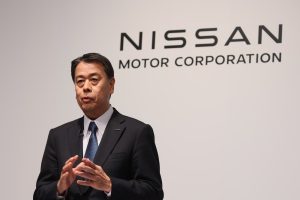
Makoto Uchida, Nissan president and CEO, said automakers need to look at different ways to handle electrification.
If any company is familiar with how quickly the tide can turn in the EV segment, it’s Nissan. It basically brought the first viable EV to market with the Nissan Leaf. However, it’s inability to develop it more quickly has resulted in Nissan being a near also-ran.
Nissan’s partnering with other EV makers too as it hopes to make gains. The automaker reportedly plans to invest $400 million into upstart Fisker to help shore up its EV portfolio. The rumored link up was on the fast track to get completed by the end of this month. However, Fisker is reportedly working with bankruptcy advisers. No word on the impact it may have on the deal with Nissan, which would have seen it producing the Fisker Alaska electric pickup.
Meanwhile Honda formed a partnership with General Motors to further develop EVs based on GM’s Ultium technology. The new Honda Prologue and Acura ZDX were the first two battery-electric models born out of that relationship. However, less than a year after it was announced, the two sides agree to part ways.
More Nissan stories
- Nissan Delaying Two U.S.-Made EVs
- A Week With: 2024 Nissan Pathfinder Sports Improved Looks, Same Performance
- 2024 Nissan Rogue — Automaker’s Bestseller Gets a Google Update
More EVs
Nissan offered up an aggressive set of plans to shift to electric vehicles. However, it’s been backpedaling on that in recent months. In fact, it revealed plans to delay two electric sedans it planned to manufacture at its plant in Canton, Mississippi in January. The two sedans, which will now not arrive until 2027, had been planned for the Nissan and Infiniti brands.
It marked the second time the two EVs had been delayed and reflected Nissan’s continuing caution about the EV market, two sources within Nissan told Headlight.News. A memo sent to dealers and obtained by Automotive News blamed the latest delay on “the need to enhance product competitiveness.”
EV sales surged rapidly over the last four years, even as the overall U.S. new vehicle market struggled through the pandemic. In 2019, battery-electric vehicles accounted for less than 1% of the retail market, said Tyson Jominy, head of data and analytis for J.D. Power. That rose to more than 8% by early 2023 but then flattened out. Nonetheless, American’s purchased more than 1 million all-electric models for the time last year.
For the moment, a number of key manufacturers are rethinking electrification plans. General Motors, for one, has delayed the reopening of an EV plant in the Detroit suburb of Orion Township by more than a year.
And Ford is stretching out $11 billion in investments. Among other things, it is slashing the production capacity of a battery plant in Marshall, Michigan while indefinitely delaying a battery plant in Kentucky.


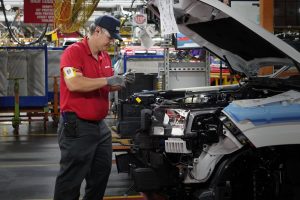
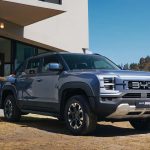


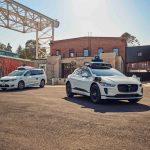
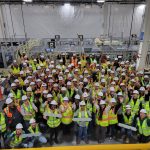
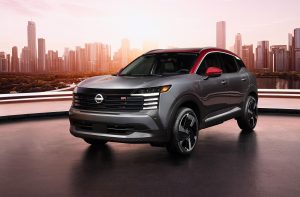
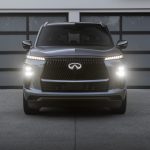


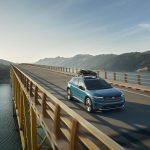
0 Comments